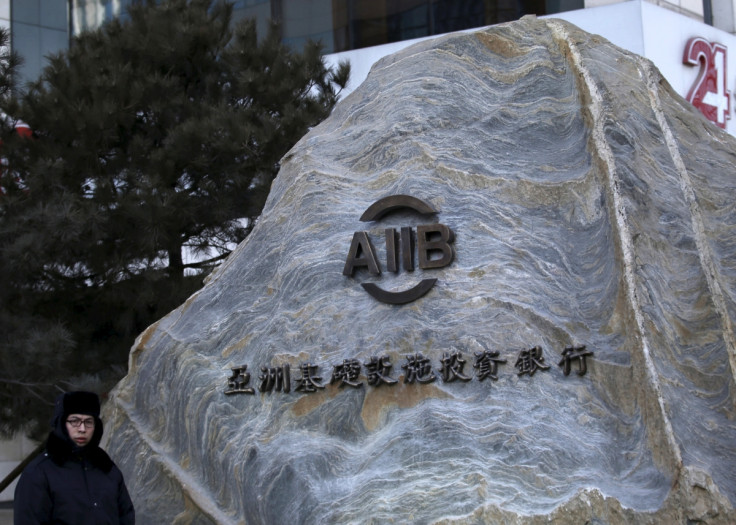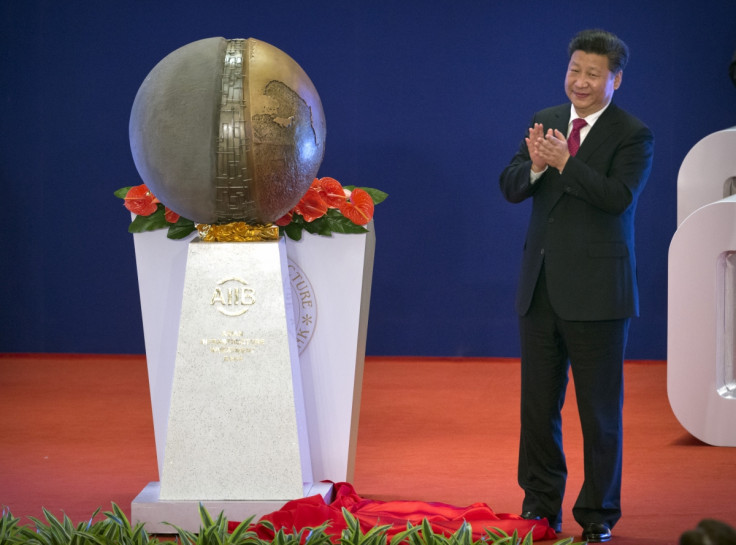World Bank's rival Asian Infrastructure Investment Bank launched by China with $100b capital

Global development finance as we know it, may soon change with the launch over the weekend of the Asian Infrastructure Investment Bank in Beijing, China. Seen as a rival to the World Bank, the AIIB is viewed as a means for China to flex its economic strength and push for the rebalancing of the international financial clout currently held by the US.
China hopes to set AIIB apart from the World Bank and other development finance banks. China believes that the World Bank does not adequately represent developing nations and there have been criticism that it imposes unreasonable demands on borrowers.
The AIIB was first proposed by Chinese President Xi Jinping in October 2013. Two years later, the bank was formally set up with the Articles of Agreement taking effect on 25 December last year. It targets to finance the construction of infrastructure projects, ranging from airports, mobile phone towers, railways and roads in Asia.
China believes that the World Bank does not adequately represent developing nations and there have been criticism that it imposes unreasonable demands on borrowers.
Despite the strong opposition of the US, some of its allies, including the UK, Australia, Germany, Italy, the Philippines and South Korea, are backing the setting up of the new bank. The AIIB however said that it will still keep its doors open to other countries, including the US and Japan.
So far 34 founding countries hold over 74% of shares in the bank and have ratified the AIIB agreement. The remaining countries who have agreed to be founding members, have until the end of the year to complement the membership process.

China has an initial subscription of $29.78b in authorised capital stock out of the total $100b. It put in another $50m at the launch of the bank on Saturday 16 January. At the launch, Xi said: "Asia's financing needs for basic infrastructure are absolutely enormous."
He said for Asia to continue to be the most dynamic region for global growth, it needs to invest in infrastructure and connectivity. The bank hopes to invest in projects that were "high quality, low cost," he said.
It is targeting to lend between $10-$15b year for the first five or six years. Operations are expected to start in the second quarter this year.
AIIB President, Jin Liqun told reporters on Sunday 17 January: "We already have a very good pipeline of co-financing projects (with other international development banks) and stand alone projects. Loans will be offered in US dollars but the bank may opt to raise funds in other currencies, including the euro and the yuan.
"As we all know, Asia faces severe connectivity gaps and significant bottlenecks. It's critical to address the need because building infrastructure is a foundation for robust economic growth and expands economic opportunities and improves the quality of life for everybody," Jin added.
The bank will require projects it finances to be legally transparent and project both social and environmental interests, sources told Reuters.
© Copyright IBTimes 2025. All rights reserved.






















